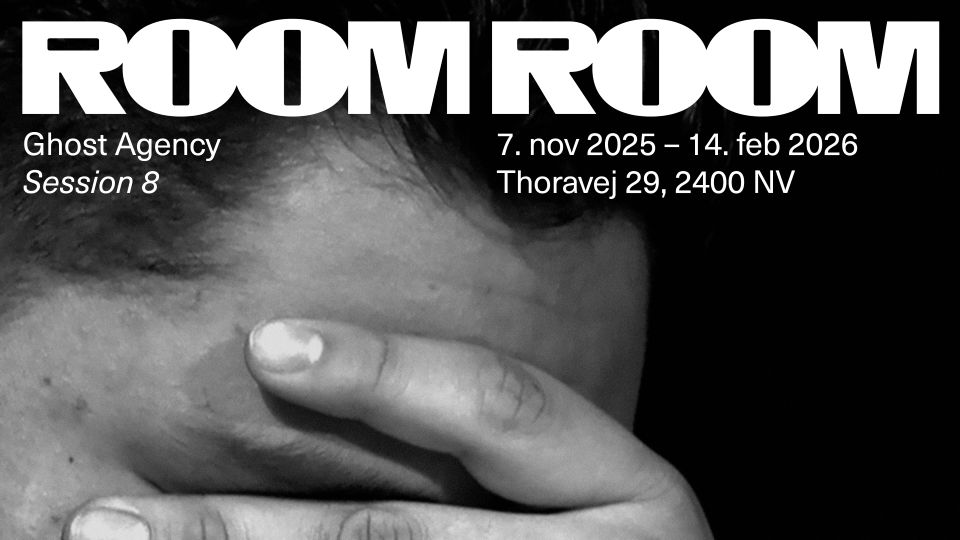
In a text published by e-flux the other week, Adam Greenfield writes about the new system for “social credit” which is now being established on a gigantic scale in China. The extensive digitisation of Chinese society, he notes, facilitates comprehensive mapping of all social actions, from the most mundane to the most intimate. This in turn facilitates dynamic rating of the behaviour of each individual Chinese citizen, according to a score system that is connected to a sort of vast – at once state and private – control apparatus, which functions as a total credit rating company supported by an authoritarian police force. Citizens’ social credit scores, determined by their actions online as well as offline, decide which services they can have access to, which jobs they can apply for, what schools their children may attend, what kind of train tickets they may reserve, what kind of homes they may rent etc.
Greenfield’s argument in the text is clear: this is not a phenomenon specific to China, some totalitarian nightmare machine that we democratic westerners may witness from a distance, with a light shudder of Sinophobic fright. On the contrary: all parts of the system are developed by western tech companies and financial institutions. Many of them are in use today, in only partly different or less severe versions. Credit rating companies can reduce humans to second grade citizens in Sweden too, by making it impossible for them to take out a loan, to sign a phone contract, even have a bank account. Dynamic rating of customers and service providers is a business model driving top-rated global platform companies, from Uber to Airbnb and a multitude of gig economy start-ups.
But nevertheless, as Greenfield points out, the Xi Jinping regime’s “social credit” does sound like something from an episode of Black Mirror: like dystopian science fiction. If it is based on techniques and tendencies already present in western late capitalism, it undoubtedly pushes them to an extreme endpoint. And yet – if I were to summarise the different reactions I’ve met when hearing things like these being discussed, the most general one would be: so? We already knew this, this is nothing new. Is this not exactly what Deleuze described, in his article about control societies, from 1990? Panopticon and the internalisation of the gaze of power, did Foucault not theorise that over forty years ago? What does the social psychologist Shoshana Zuboff’s new book on “surveillance capitalism” add to Discipline and Punish – Surveiller et punir, in French – from 1975?
Such remarks are of course correct. The question is why they are so. If the business models and the techniques of governmentality that have been introduced and globally consolidated over the past decade – perhaps since what Rasmus Fleischer has called “internet’s counter-revolution” – were clearly described by the critical theorists of late capitalism already four decades ago, then why was nothing done about them? If control society, or disciplinary society, or the society of the spectacle, have been growing threats since half a century or more, then why was opinion not raised, why was resistance not organised, why did panic not erupt? Why did we allow Facebook and Google to acquire and sell off the public sphere, if we knew what they were doing?
We can imagine different reasons. For example: because these late capitalist dystopias were not read as warnings for a possible future, but as descriptions of an already existing reality. We have already internalised panopticon, we are already coded dividuals in the modular power dispositifs of control society, the public sphere has been a simulacrum ever since the realisation of the society of consumption. These are things that we may be aware of, but not things that we may do something about. We can be critical in thought, but not in action. And not only that: dystopian theory reconciles us with our lack of action, by making it compatible with a critical self-image. If we theoretically accept our basic impotency before the reality of apocalypse, then we can abandon all claims of being able to influence it practically, and instead indulge in a sort of enlightened, resigned hedonism. This is not far from what Denis de Rougemont described as “the pretext of impotency,” in his book from 1935, To Think With One’s Hands.
So: it is not just “easier to imagine the end of the world than the end of capitalism,” as Mark Fisher used to say, with a quote from Fredric Jameson. It is nicer too. The Grand Hotel Abyss is rather convenient, after all. How else could we explain the dystopia industry of contemporary theory? (Even Boris Johnson joins the trend, as I noted in my latest column, a couple of weeks ago.) And if we accept that this industry is in the business of delivering convenience, then the rest is basic market mechanism. It is a small market and competition is intense. To break into it you need a desirable commodity and a clear brand. Furthermore, the dystopia will be more convenient the more drastically and convincingly it describes our impotency. In this buzzword economy, spectacular cynicism is a business model, a concept’s novelty is its value. There is a blur, where the distinction between critical description and speculative anticipation, between science and science fiction – which can of course both be valid in and for themselves – becomes unclear.
Behind this there is a larger question, concerning what purposes this theoretical discourse is actually made to serve. Baudrillard, Deleuze, and Foucault, to name only three of its “postmodern” ancestors, were all without a doubt progressive, clearly left-leaning thinkers, even though their respective political affinities were distinct. But when the broad push to introduce and to canonize these thinkers in Sweden began in the late 1970s and 80s – and a similar argument could possibly be valid in other contexts as well, in Scandinavia but also beyond – this often served explicitly to provide intellectual validation for the rejection of what was described as the dogmatic leftism of the Swedish culture of the previous decade. Baudrillard’s glossy hypermedia rhetoric and Deleuze and Foucault’s anti-Marxism were mobilised as theoretical support for the turn against the influence of a progressive tradition, so that their calls for critical vigilance and political action instead served to legitimise a distinguished cynicism. To regain a theoretical concept of political action — to learn to think with the hands, as Rougemont said — therefore presupposes a critical revision of theory’s own tradition, of its function as dystopy industry. The need for dystopian science fiction-theory has rarely been so small.










Comments